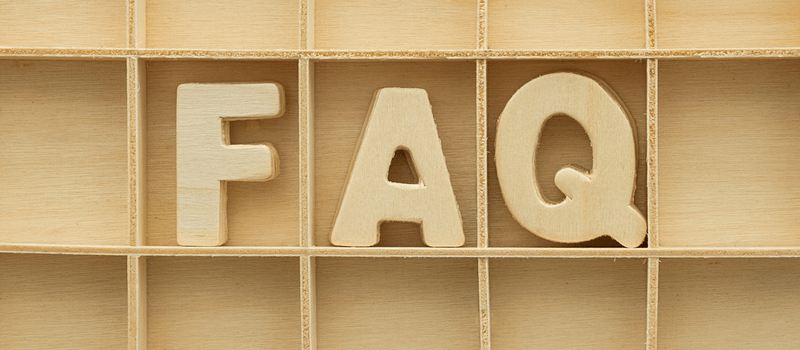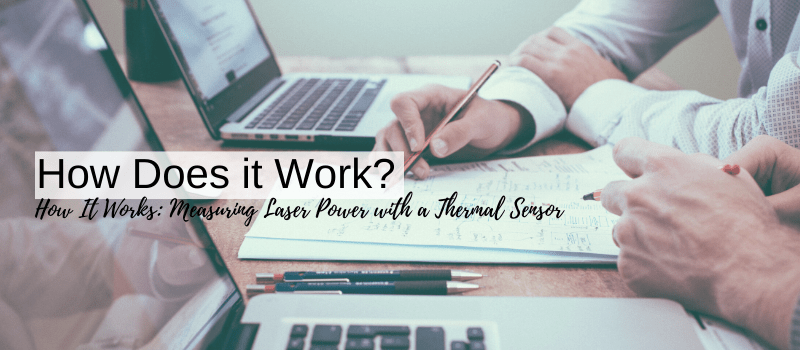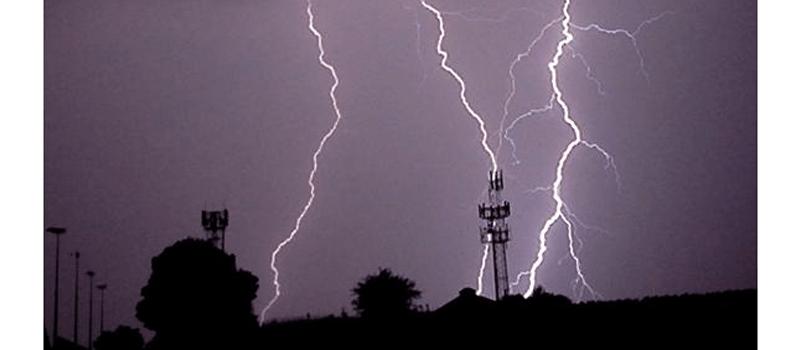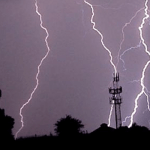When the Sensor Finder gives you a list of solutions for your laser, one of the things it tells you for each suggested sensor is how far below the damage threshold you are.
For example: If for a given sensor in the list, in the “% of Damage Threshold” column it says “30”, that means that with the laser conditions you entered (power, beam diameter, etc.), this sensor would be operating at 30% of its damage threshold.
(Just to remind you: You want to stay below 50% as far as possible, as a safety margin.)
Sometimes, though, you might find that the number it gives you doesn’t quite match the number you expected based on the sensor’s datasheet.
Hm…What’s that about?
The Sensor Finder has formulas to calculate the damage threshold of various sensors. These formulas do their calculations using the specific laser parameters you entered, so the resulting damage threshold value (and therefore the resulting “% of Damage Threshold” it displays) are specific to your laser details. And they’re quite exact
In the catalog datasheet, on the other hand, we give just a few generic values (a datasheet couldn’t possibly specify damage thresholds for every possible set of laser conditions…).
So you might find, for example, that for a given sensor the datasheet specifies a damage threshold of, say, 0.1J/cm² at 193nm, while in the Sensor Finder at the same conditions we get from the formula 0.096J/cm².
Damage threshold is not an exact science; also, we are conservative in the numbers we give. In general, what comes out of the Sensor Finder is more accurate than the datasheet, since it takes into account more factors and gives a result that is specific to the laser parameters you entered.












Leave a Reply
Your email address will not be published. Required fields are marked *